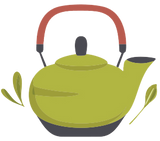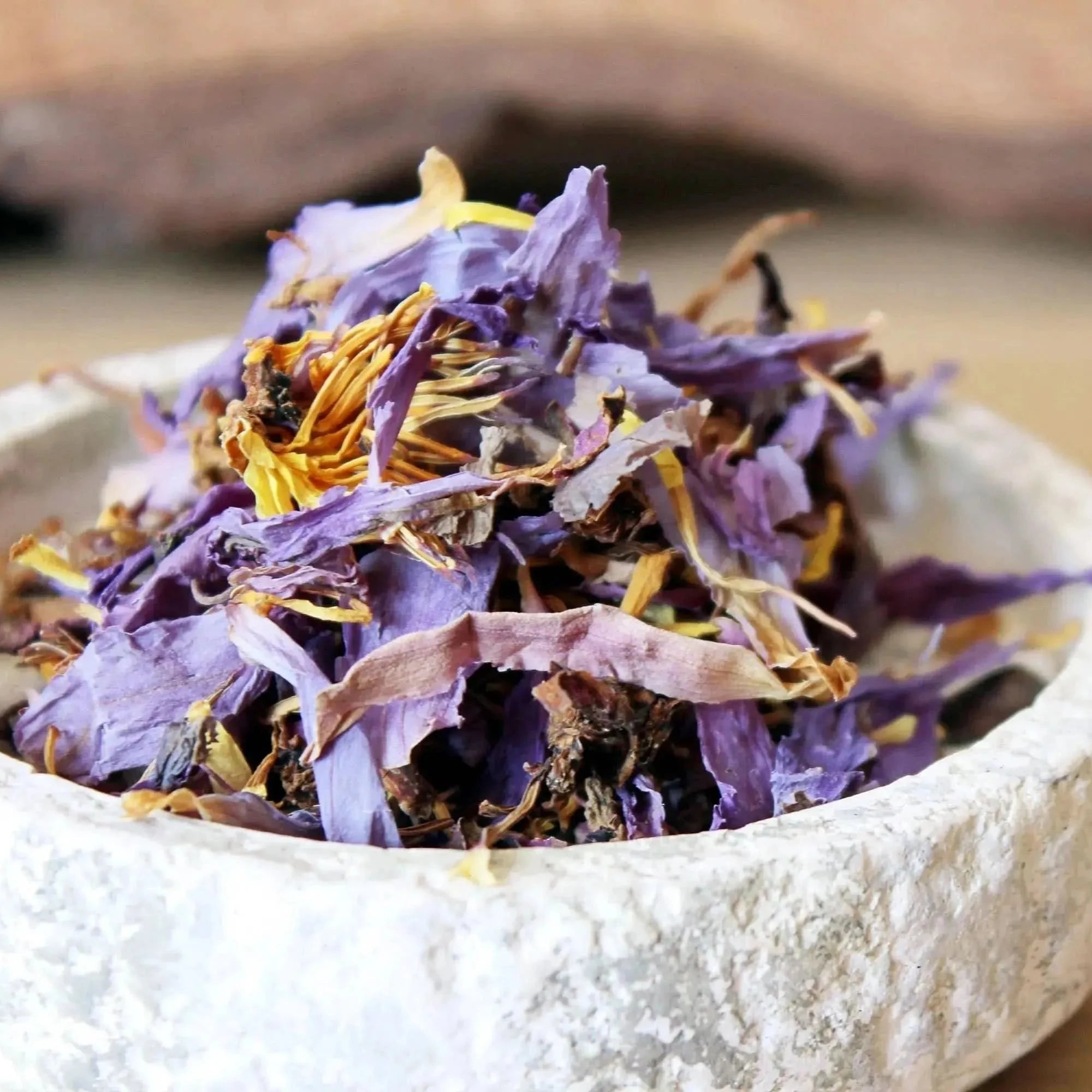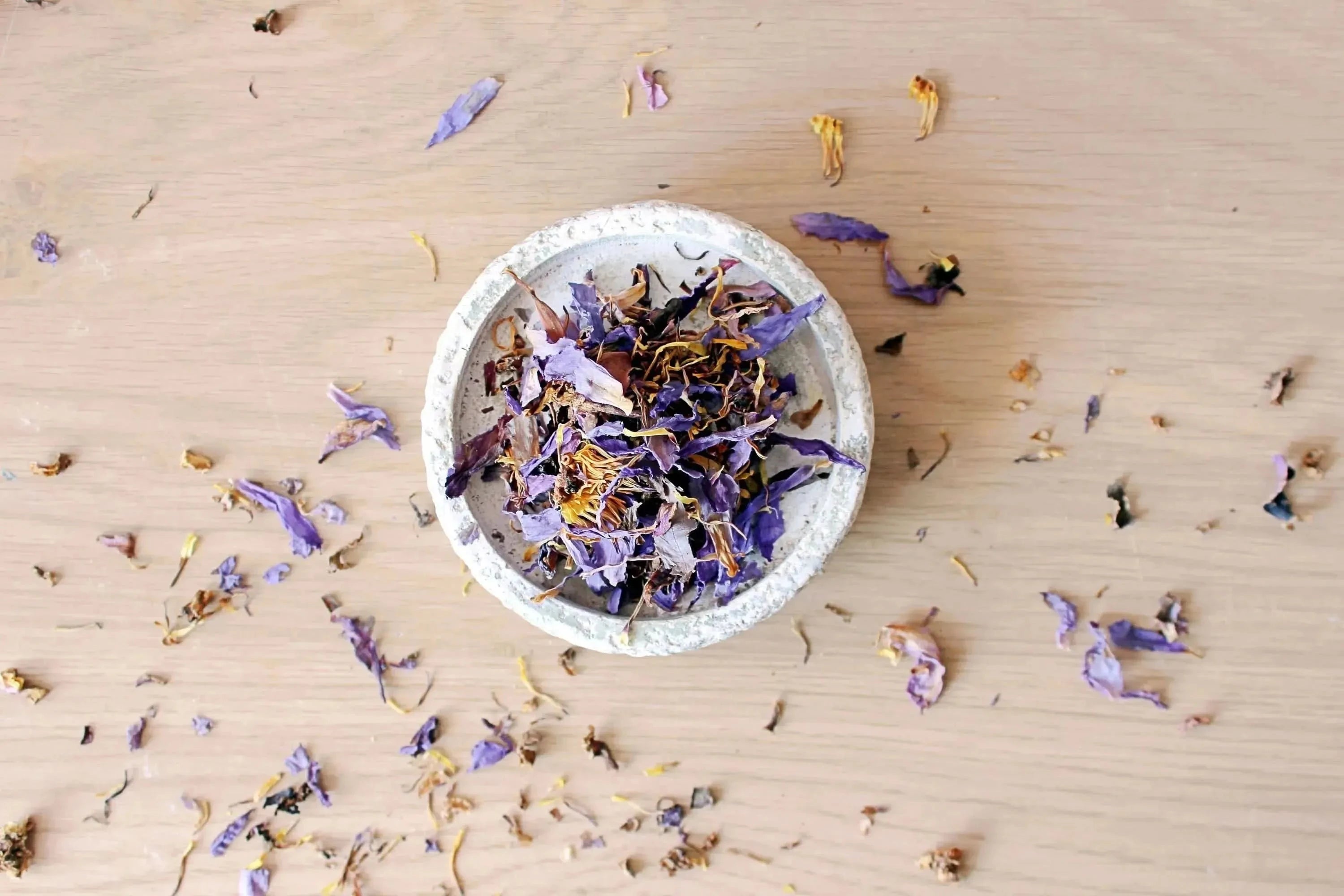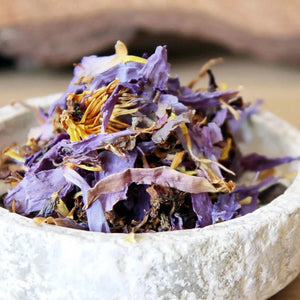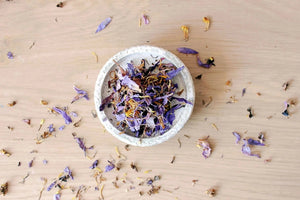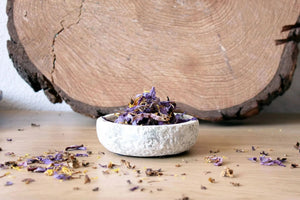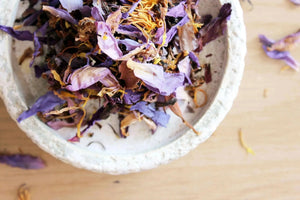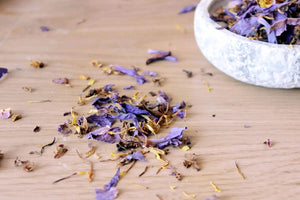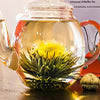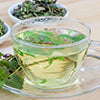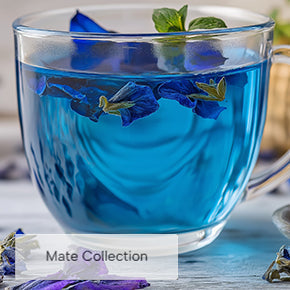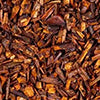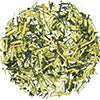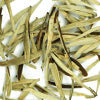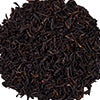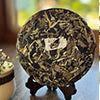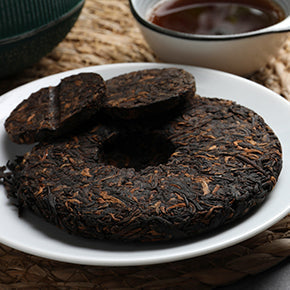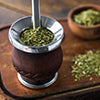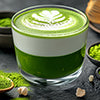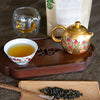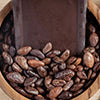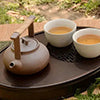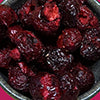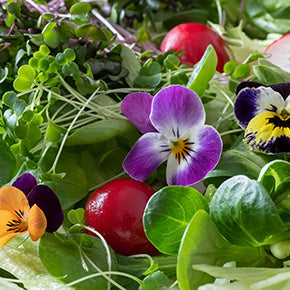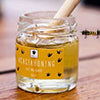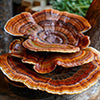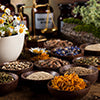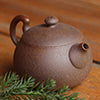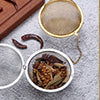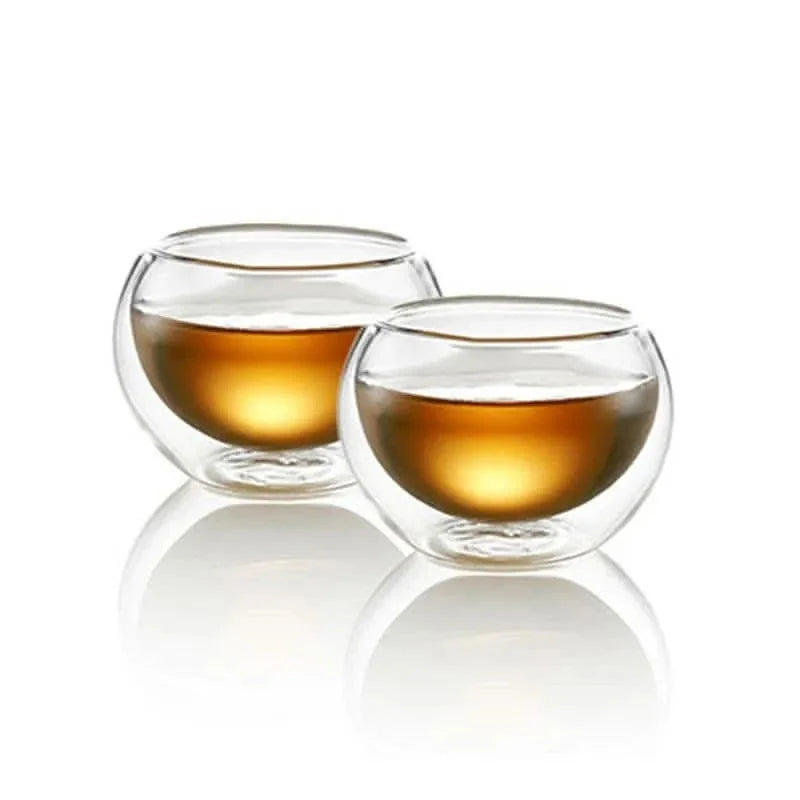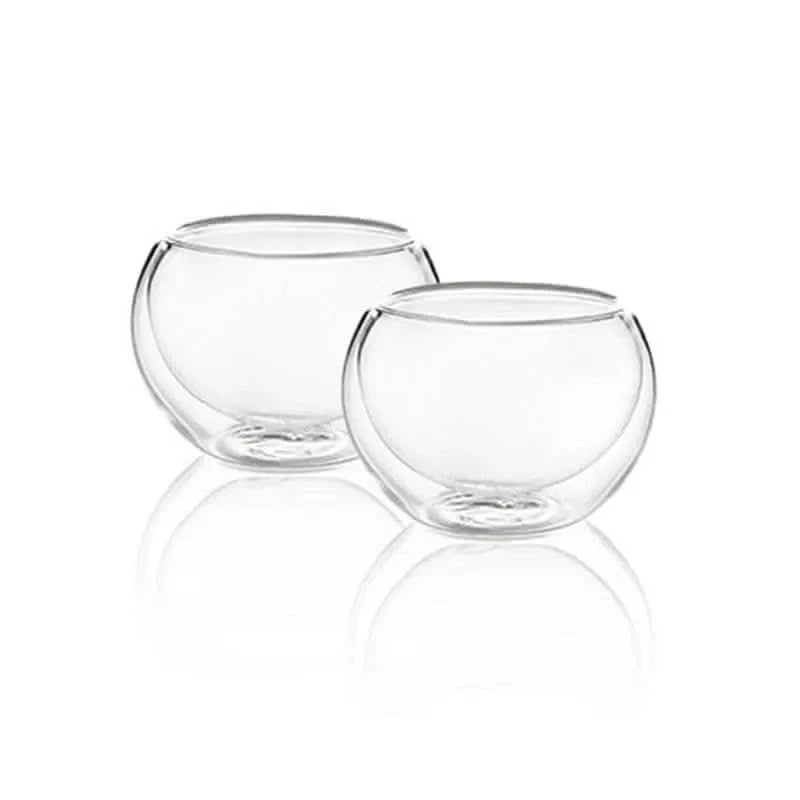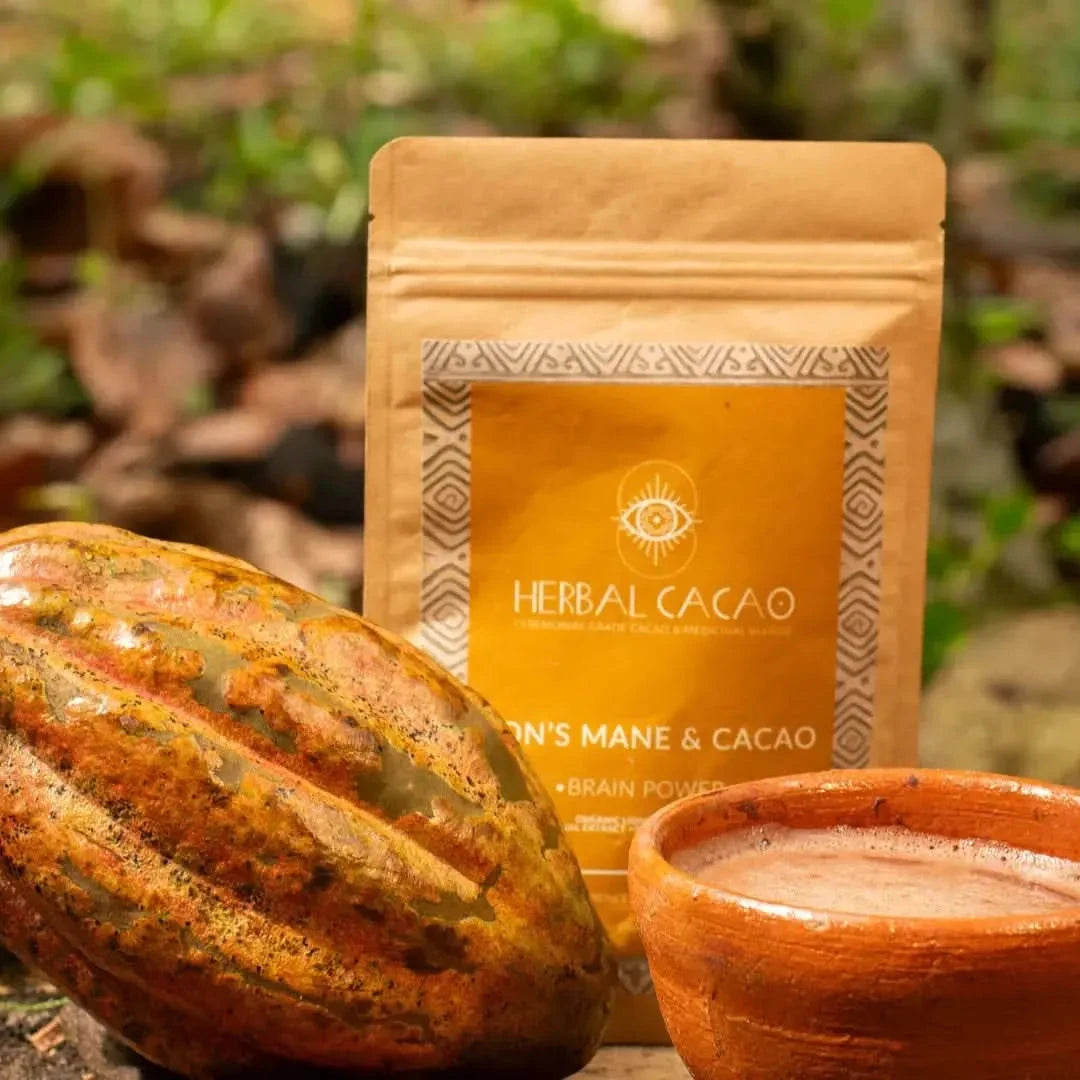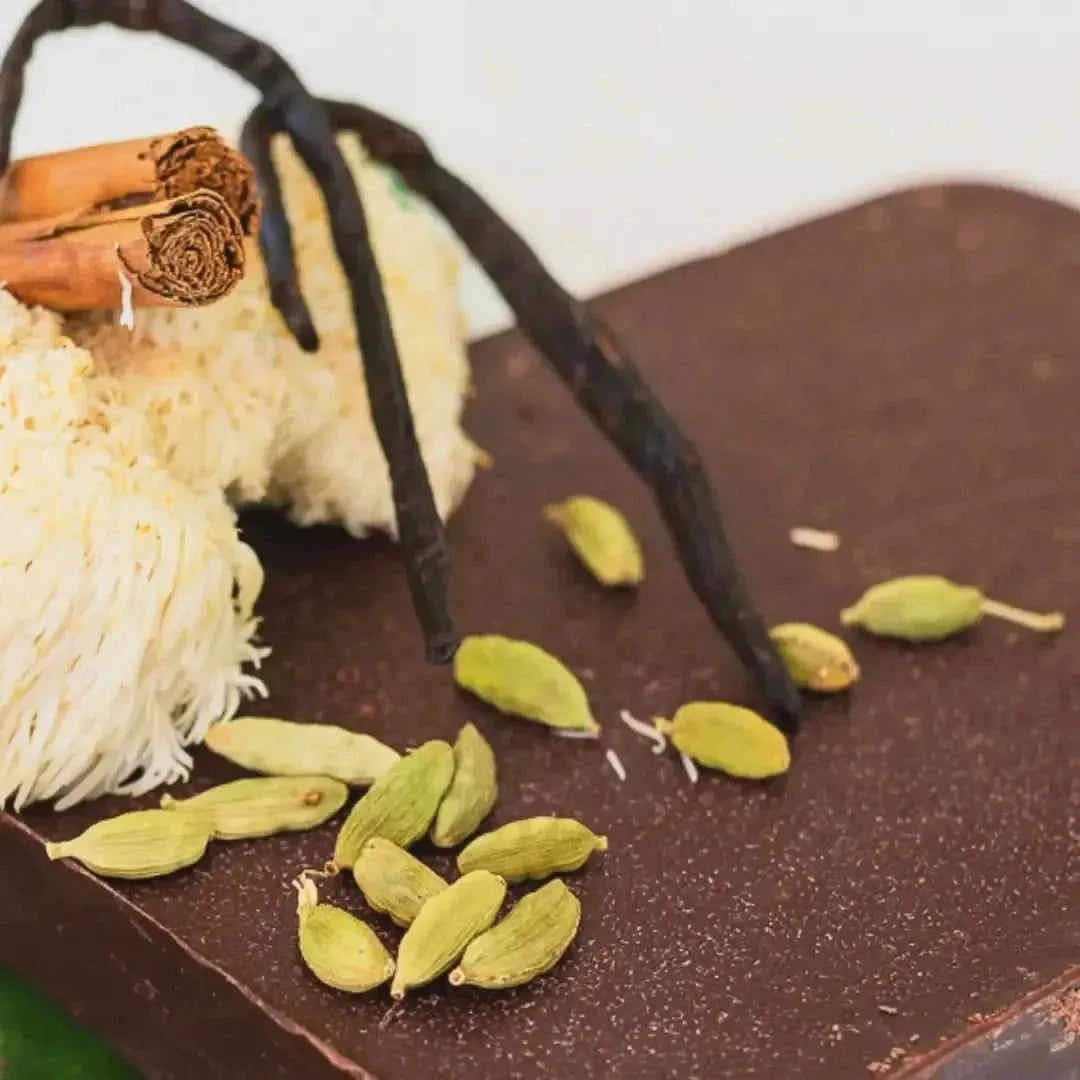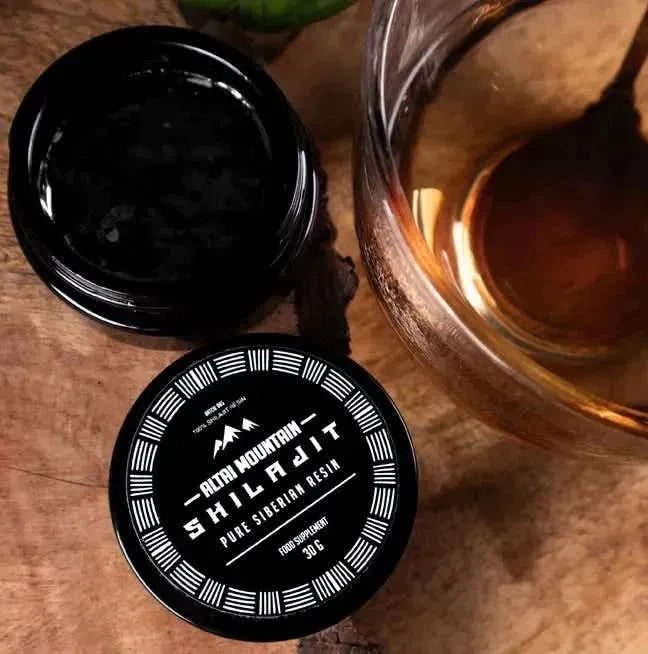Magical Tea Egyptian Blue Lotus - Premium Dried Leaf
Sacred Blue Lotus: Ancient Egyptian Relaxation & Dream Enhancement Tea
Experience the mystical Blue Lotus (Nymphaea caerulea), a sacred flower revered in ancient Egypt for its unique properties. Our premium whole dried flowers, sourced from pristine Thai gardens, deliver a naturally bitter and aromatic infusion that promotes deep relaxation while maintaining mental clarity. Each flower is carefully harvested and dried to preserve its natural compounds, including the alkaloids apomorphine and nuciferine, known for their gentle calming effects.
This pure, unadulterated botanical preparation offers a direct connection to ancient wisdom, providing a natural path to tranquility and enhanced dream experiences. The tea produces a subtle, warming effect that gently eases tension while supporting mental alertness - perfect for meditation, creative work, or evening relaxation.
Each cup reveals complex layers of flavor, from delicate floral notes to deeper earthy undertones, creating a truly unique sensory experience.
Guarantee Safe Checkout
Traditional Preparation Methods
For optimal results, follow these preparation guidelines:
- Hot Tea Infusion: Use 1-2 teaspoons per cup of water heated to 200°F (93°C). Steep for 10-15 minutes. Strain and enjoy.
- Cold Brew Method: Add 2 teaspoons to cold water, steep in refrigerator for 8-12 hours for a refreshing cold preparation.
- Traditional Soak: For a stronger preparation, soak flowers in warm water for 4-6 hours.
Store in a cool, dark place to maintain potency. Adjust quantity according to desired strength. Can be combined with honey or lemon for taste preference.
Premium Botanical Components
Blue Lotus Flowers (Nymphaea caerulea): Whole dried flowers containing natural alkaloids including apomorphine and nuciferine. These compounds are responsible for the plant's unique effects on consciousness and relaxation. The flowers also contain flavonoids, particularly quercetin and kaempferol, which contribute to its antioxidant properties.
Our Blue Lotus is harvested at peak potency and carefully dried to preserve its active compounds. The flowers maintain their natural blue-purple hue, indicating proper preservation of beneficial compounds. Each flower is inspected for quality and purity, ensuring a premium product free from additives or contamination.
Traditional Benefits & Modern Research
The Blue Lotus offers a remarkable combination of relaxation and mental clarity, supported by both traditional use and modern research:
- Natural Relaxation: Contains apomorphine and nuciferine, alkaloids known to promote calmness without sedation
- Dream Enhancement: Traditional use suggests improved dream recall and lucid dreaming experiences
- Mood Support: May help reduce anxiety and promote positive mood through interaction with dopamine receptors
- Pain Management: Traditional applications include natural pain relief, particularly for neuropathic conditions
- Antioxidant Protection: Rich in flavonoids that combat oxidative stress and support cellular health
- Cognitive Function: Unique ability to promote relaxation while maintaining mental clarity
Modern studies indicate the presence of compounds that interact with dopamine receptors, potentially explaining its traditional use in mood enhancement and stress relief.
Sacred History of the Blue Lotus
The Blue Lotus held an exalted position in ancient Egyptian civilization, where it was considered a sacred flower of profound spiritual significance. Depicted in countless temple carvings and tomb paintings, it symbolized the sun, creation, rebirth, and the path to enlightenment.
Egyptian priests used the Blue Lotus in religious ceremonies and healing rituals, considering it a divine gift that could bridge the physical and spiritual realms. The flower's daily ritual of closing at night and reopening at dawn particularly fascinated the Egyptians, who saw it as a powerful symbol of regeneration and spiritual awakening.
Archaeological evidence shows Blue Lotus flowers were found in the tomb of Tutankhamun, indicating their importance in royal and religious practices. The plant was also celebrated in ancient Egyptian medicine, where it was prescribed for various ailments and used in early aromatherapy practices.
